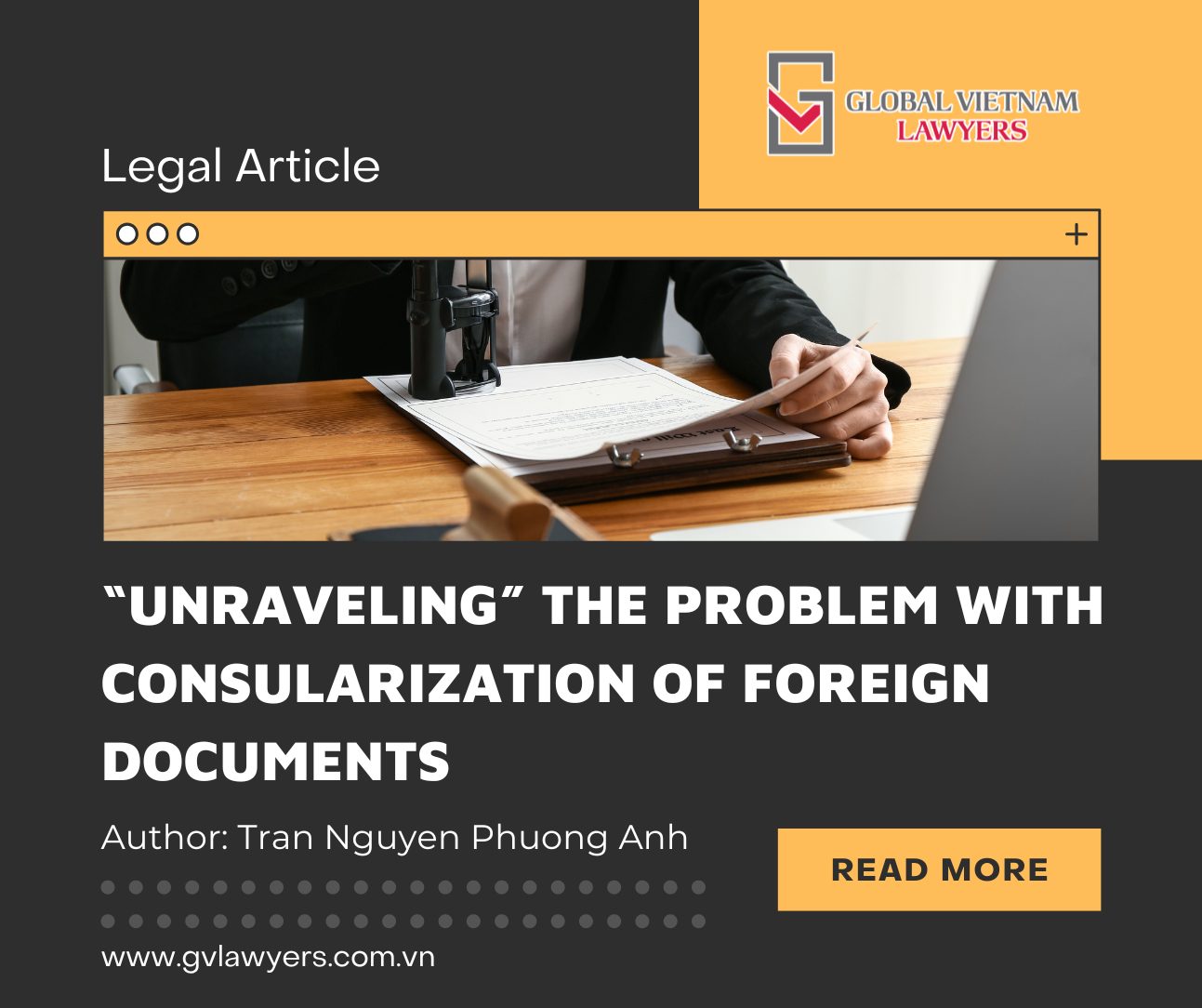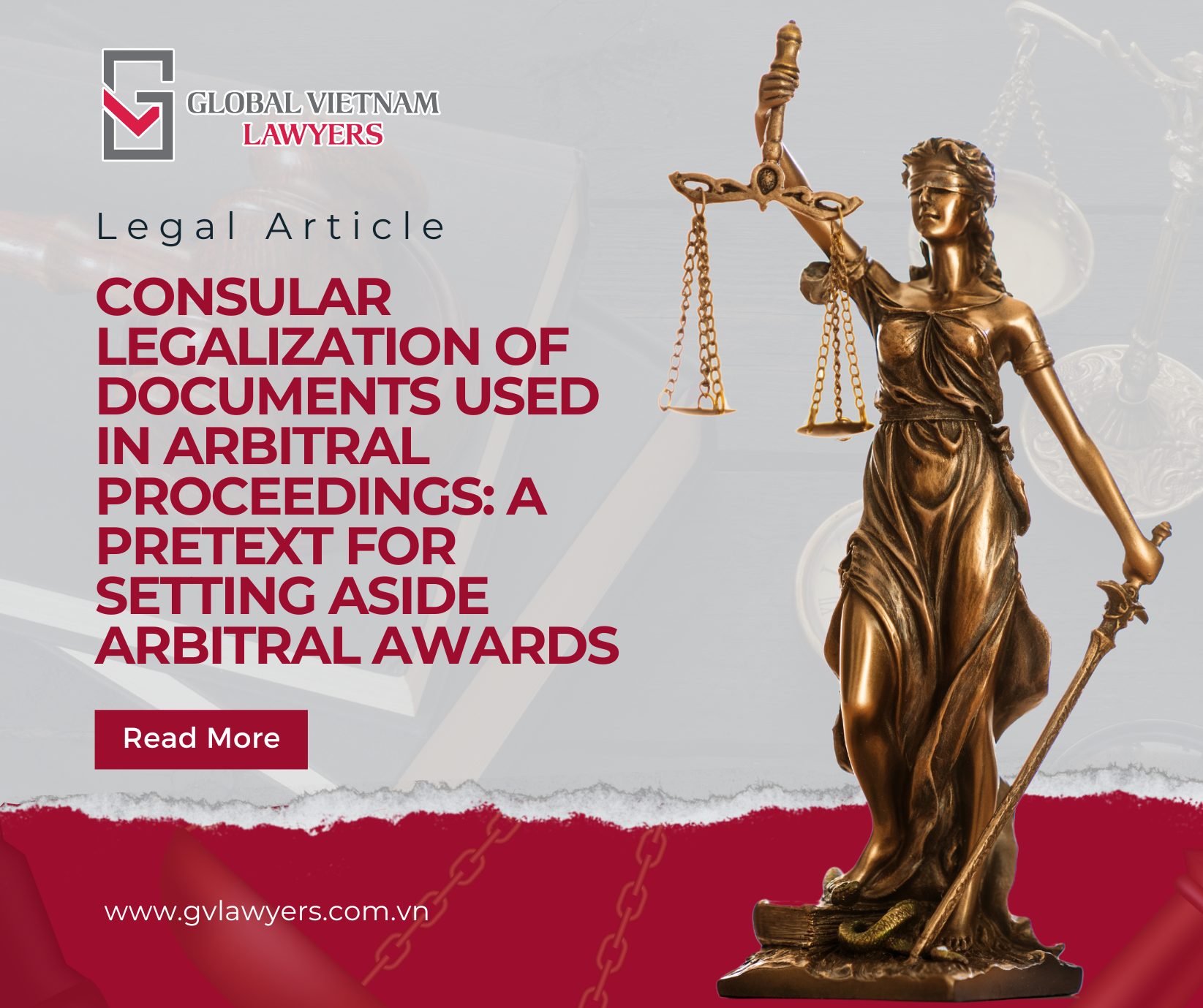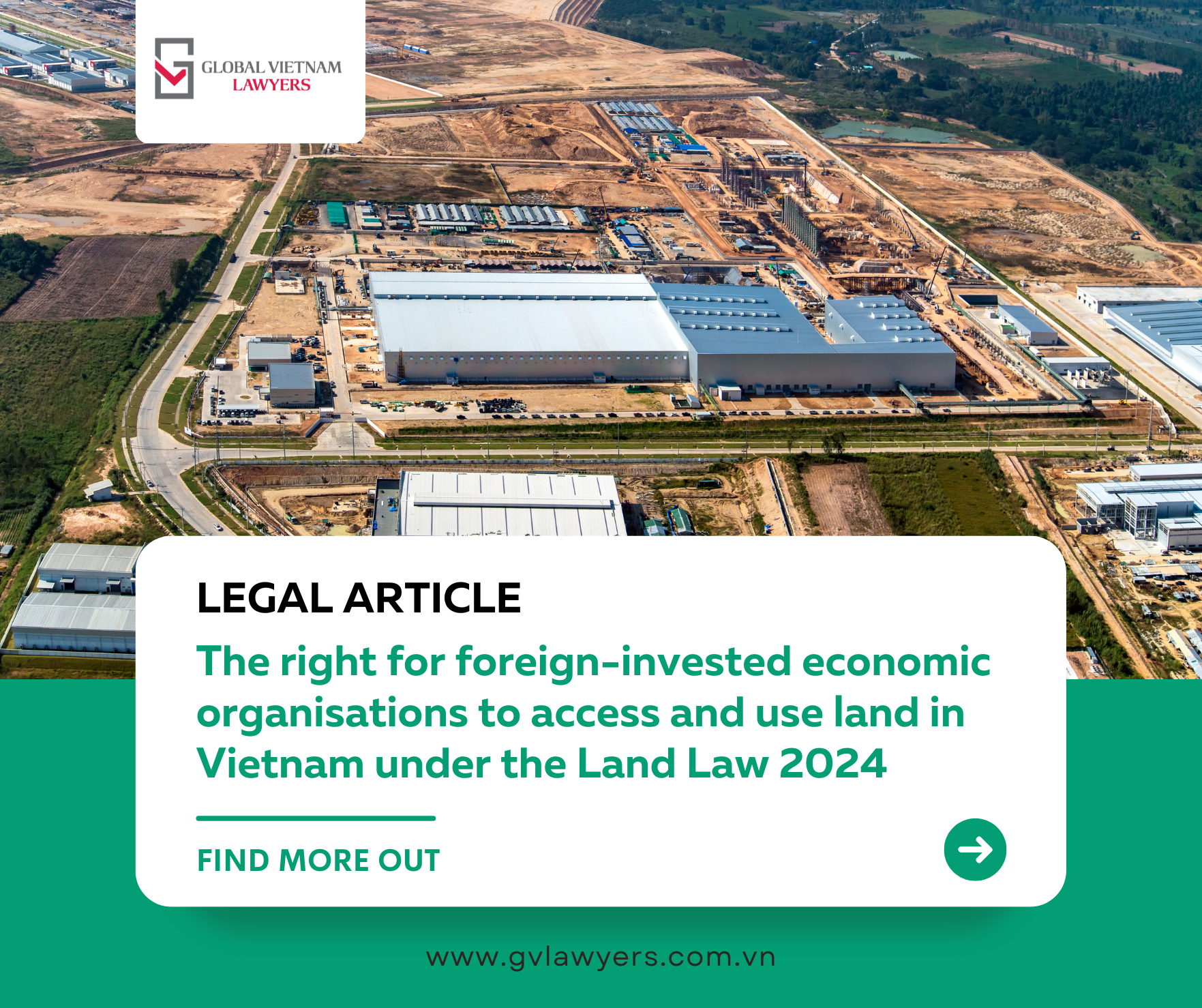GV Lawyers would like to present an article by Mr. Tran Thanh Tung & Ms. Nguyen Van Quynh, entitled: “Should flotation of foreign businesses be reconsidered?” published in Saigon Times on October 6, 2011.
***
The Ministry of Planning and Investment is reconsidering the policy on flotation for foreign-invested enterprises stipulated in Decree 38/2003/ND-CP on April 15, 2003, due to concerns about negative implications. This article discusses the above policy from a legal angle.
In order to grasp the above policy, the original setting of Decree 38 should be taken into account. Prior to the 2005 Enterprise Law and Investment Law, foreign-invested enterprises (FIEs) were established in accordance with the Law on Foreign Investment in Vietnam (issued in 1987 and amended several times afterwards). According to Article 6 of this law, FIEs were formed as limited liability companies. In 2003, along with the development of Vietnam’s stock market, some FIEs with a need for flotation listed themselves on the market. That was the reason why Decree 38 was born. At the moment, there is a call to re-evaluate the flotation of FIEs, as the policy has led to some negative implications. Firstly, businesses have falsely assessed their assets in order to have high values for shares when listing on the stock market. Secondly, some businesses have taken advantage of the change to capitalize assets, sell off shares or transfer all capital out of Vietnam. Thirdly, the withdrawal of capital has affected the balance of payments, especially the balance between actual FIEs inflow and outflow. The three aforementioned reasons shall be analyzed in order to see whether they are problematic enough to justify the re-evaluation of the flotation policy. First of all, on price assessment, it is the responsibility of appraisal organizations. Naturally, every business wants their assets to be highly valued, yet businesses cannot decide the figure themselves. The value needs to be based on a valuation certificate from the appraisal body. The fact that some enterprises have been valued higher than what they are actually worth is partially the fault of appraisal organizations, not FIEs. Secondly, is flotation the only method to sell off shares or transfer capital out of Vietnam? In legal terms, the contributed capital or shares in the business belong to investors. As rightful owners, investors can sell these assets to retrieve money when they no longer wish to do business, which no one has the right to prevent. Flotation does not affect this right either. Investors can transfer contributed capital even when the form of FIEs is still a limited liability venture. The third issue involves the impact of capital withdrawal on the balance of payments, especially the balance between actual foreign direct investment inflow and outflow in Vietnam. This impact seems to be the other side of the coin. After foreign investors inject cash to invest in Vietnam, Vietnam’s foreign exchange increases; but when they withdraw capital, this amount will decline. If Vietnam forbids investors to bring money home, no one would be keen on pouring money to invest in Vietnam.
Legal foundation for reconsideration?
In terms of effect, Decree 38 cannot override the 2005 Investment Law. According to the Investment Law, foreign investors when establishing businesses in Vietnam can choose whichever form of business in the Enterprise Law as they wish. Therefore, they have the right to form joint-stock companies, or if they have already established businesses in a different form, they can switch to joint-stock ones as stipulated. Hence, there is no basis for prohibiting the flotation of FIEs according to the 2005 Enterprise Law and the Investment Law. Moreover, the spirit of Decree 38 is experimental because according to Article 26 of this decree, only some companies were chosen to implement it and the selecting of businesses was undertaken in one year from the effective date. After two years, related ministries and sectors reviewed the decree implementation and reported the results to the Government. Thus, based on the nature of the decree, it could be said that Decree 38 is no longer effective in reality. In terms of policy, the WTO pledge ensures that foreign investors have the right to transfer investment capital, profits and other legal incomes outwards. The approval of possibly a different decree in replacement of Decree 38 will create contradictions in the legal system, which goes back on the above pledge. It is unjustified to reconsider the policy on flotation of FIEs, especially when this policy no longer has an actual effect.









